Sidestep New Year’s Resolutions – and Create Lasting Change

We often talk about New Year’s “resolutions.” But let’s look at the term more closely. To make a resolution is to resolve to do something – to make a decision about some future behavior. You may declare that, “From here on, I will no longer eat chocolate after dinner,” or “When the bell strikes midnight on December 31, I will quit smoking.”
New Year’s resolutions usually don’t last long – for good reason. We are creatures of habit, and simply making a “resolution” won’t prevent us from falling back into old patterns. Making a decision to start a healthy habit or achieve a goal doesn’t yet give us a road map for how to accomplish these feats.
Your chances for success will be much higher if you pursue your ambitions deliberately and systematically. That’s where goal-setting and habit formation come in.
Goals Tell You Where to Go
If there is something specific you want to achieve, develop an action plan! Depending on the nature of your goal and the stakes involved, you will want to find an appropriate goal-setting process. Here a few options from the getAbstract library that will help you decide on the right strategy:
1. Ready…
Do you want to look for a new job? Improve your relationships? Get fit? Have more fun in your life? Nicholas Bate shows you how to create your “personal compass” – a navigational tool that will help you pursue your dreams and ambitions in all important areas of life. Bate recommends you list your goals for the next five, 10 and 25 years. Next, create a master list to plan your daily to-do list and to track your 10-year goals. To keep heading in the right direction, Bate advises that you review your goals at the beginning and end of each day.
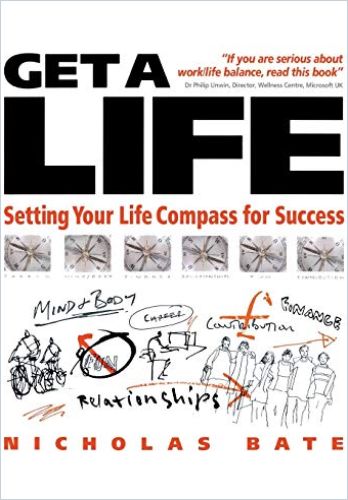
2. Set…
Don’t think in terms of what you want to accomplish in a year. Think in 12-week increments instead. Break your long-term vision into specific, measurable goals you can accomplish within a three-month period. This is the advice given by strategic planning experts Brian Moran and Michael Lennington. In the book, the authors introduce you to a unique system for moving toward your goals while staying motivated and accountable. Their research-backed tactics will help you take charge of your life – and create the lasting change you want.
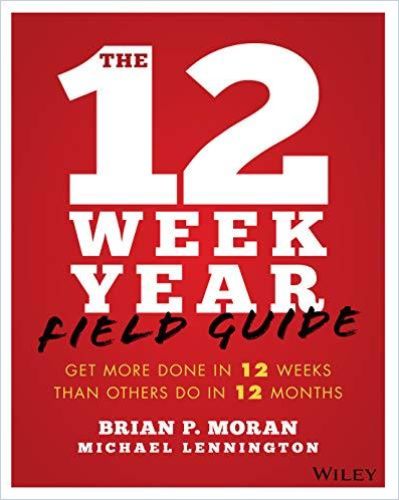
3. Go…
Do you have big dreams? If so, you will need to take radical action to catapult yourself to where you want to go. Teneshia Jackson Warner, the founder of The Dream Project, offers a practical 12-week boot camp to kickstart your success. From defining your dream to building a supportive network and acquiring needed skills, Warner shows you how to push yourself to achieve mastery.
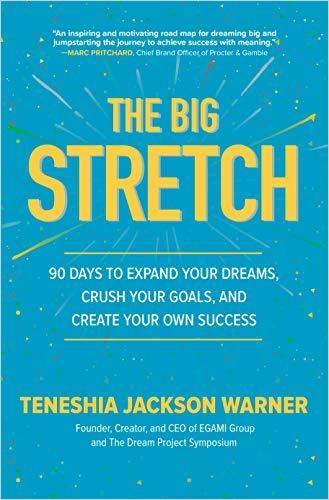
4. …and Finish!
Setting goals is the easy part – the challenge lies in seeing them through the finish line. Sometimes, people set targets that are too ambitious. Or they give up early because they keep telling themselves that something isn’t worth doing unless it’s perfect. Often, you are your own worst enemy. But blogger and popular speaker Jon Acuff has plenty of advice to help you to achieve the goal you have set. He advises cutting your goal in half, breaking it down into smaller, more achievable chunks. He also advocates doubling your timeline, choosing how you will fail and making your goals enjoyable.
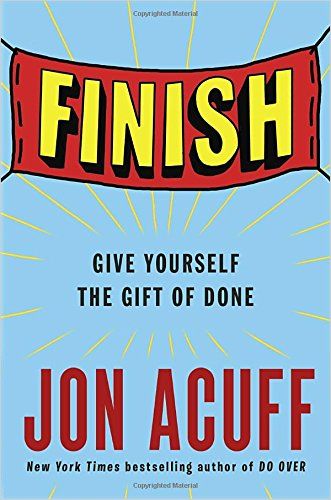
Habits Make You Who You Are
Not a big fan of setting goals? You are in good company. To lead a healthy, productive and successful life, you don’t necessarily need to keep striving toward something. Maintaining positive daily habits can be ends in themselves. Committing to daily habits instead of goals allows you to live in the present and feel successful in the moment.
Author and weightlifter James Clear makes a strong case for focusing on the journey.
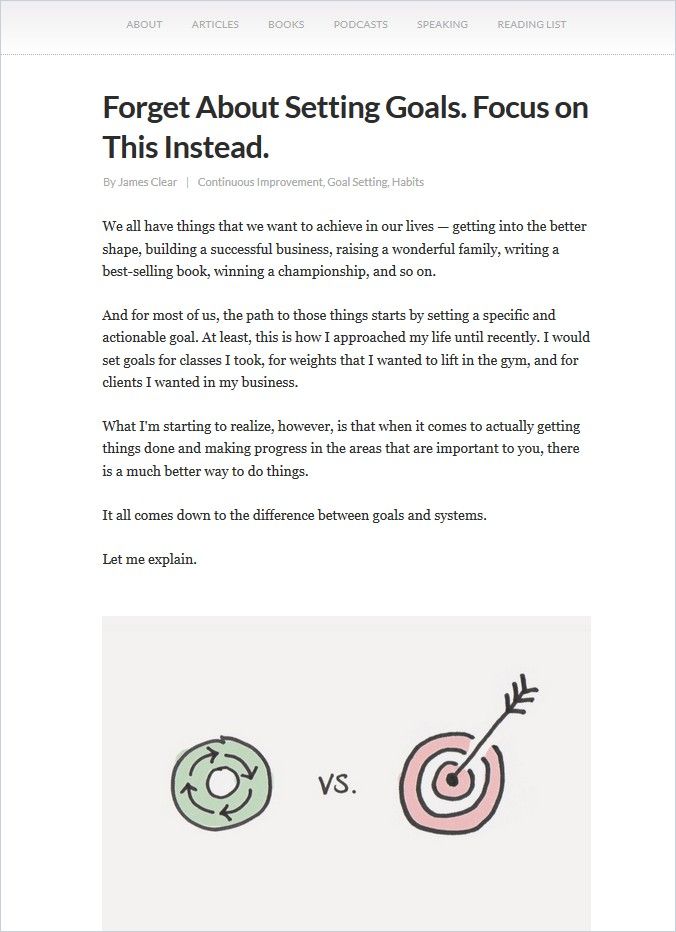
1. Start Small
If you want to develop a new habit, start small. Very small, according to the advice of personal development blogger Stephen Guise. To initiate a lifelong positive habit, take one small step every day. If you want to start exercising, start with one push-up a day. As you accumulate a daily streak of mini-successes, you will automatically want to spend more time practicing the new habit.
By dividing your goals into mini-habits, you rely less on willpower than on your natural tendency to stick to routines. The advantage of mini habits is that repetition strengthens your commitment to keep doing them. Each task requires just a little willpower to complete and the frequency of repetition forms a habit over time. Once a habit is in place, you can build on it more easily.

2. Start Early
Is there one single habit you can adopt this year that will help you take your life to the next level? Consultant Robin Sharma is convinced that there is: Get up a 5 a.m. every morning! At 5 a.m., you have quiet. There are no outside distractions. Sharma calls 5 a.m. the “Victory Hour” and divides it into three 20-minute segments dedicated to Movement (vigorous exercise), Reflection (journaling or planning out your day) and Growth (reading or studying). How you spend the first hour of the morning sets the tone for the rest of the day. Joining the 5 a.m. club will set you up for greatness, Sharma contends – so why not give it a try?
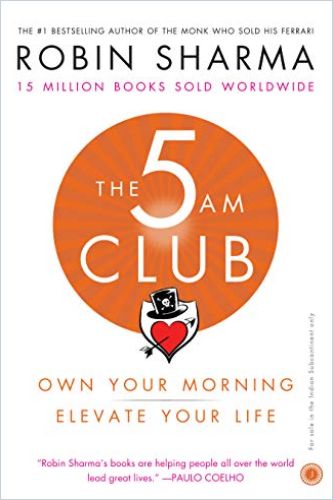
3. Start Deliberately
James Clear presents a four-step framework to make new habits stick. First, develop a plan as to where, when and how they will practice your new habit. Second, use physical prompts to encourage the behavior you desire. Third, focus on getting started even if you’re not feeling it. As Clear says, “Any habit can be started in less than two minutes.” Fourth, to stay on the right path, seek out small hits of immediate gratification by marking your daily practice on a calendar, creating a chain of progress.

4. Start Today
The start of a new year is a good time to reflect on the areas in your life you want to change and the next things you want to accomplish. But just declaring that you want these things to happen won’t make them so.
What goal setting and habit formation have in common is that they are systematic and deliberate. Effective goal setting and habit formation systems encourage you to think big but start small.
Break down large projects into tiny action steps. Introduce new positive behaviors into your daily routine by practicing them for only a few minutes a day initially. Keep yourself accountable – but also reward yourself – for every step you take toward the goal or habit you want to manifest.
Whatever you want to achieve or change about your life in 2024, look at it as something to work on or toward – with a plan. And if you still want to make a New Year’s resolution, resolve to commit to the process, and not the outcome.








